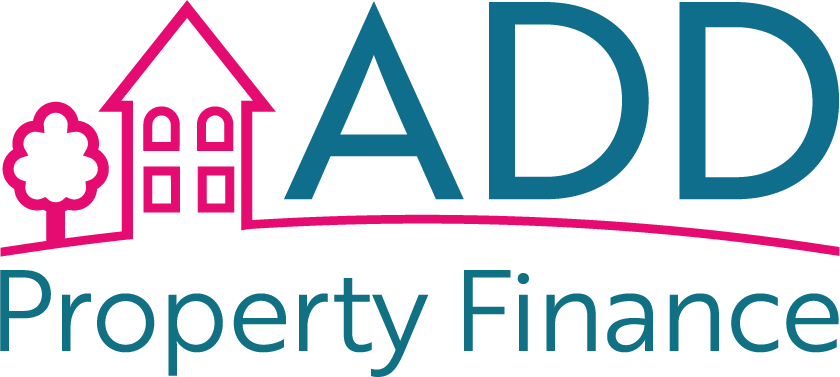When considering a remortgage in today’s financial landscape, it’s essential to navigate the uncertain terrain with confidence. Two primary mortgage options stand before you: fixed-rate and variable-rate mortgages. However, in the current economic climate, where interest rates are uncertain and likely to continue rising, the choice becomes even more critical. In this article, we’ll explore the pros and cons of these mortgage types, helping you make an informed decision amid changing rate dynamics.
Fixed-Rate Mortgages: Shielding Against Rate Hikes
A fixed-rate mortgage provides stability by locking in your interest rate for a predetermined period, often two, three, five, or ten years. Here’s a closer look at the advantages and disadvantages in today’s uncertain rate environment:
Pros:
- Rate Certainty: In an era of rising interest rates, a fixed-rate mortgage offers invaluable rate stability. Your monthly payments remain constant, shielding you from interest rate hikes and easing budgeting.
- Predictable Financial Planning: Amid economic fluctuations, a fixed-rate mortgage allows you to plan your finances with confidence. Knowing your mortgage payments won’t change provides peace of mind.
- Protection Against Rate Increases: As interest rates continue their ascent, you’ll be insulated from higher mortgage costs during your fixed term. This can be a significant relief if you’re on a tight budget.
Cons:
- Potentially Higher Initial Rates: Fixed-rate mortgages often come with slightly higher initial interest rates. This premium grants you rate stability but might lead to increased early costs.
- Early Repayment Charges: Exiting a fixed-rate mortgage before the term ends can result in substantial early repayment charges.
- Missing Out on Rate Drops: If interest rates decrease during your fixed term, you won’t benefit from lower rates unless you remortgage again.
Variable-Rate Mortgages: Riding the Rate Wave
Variable-rate mortgages offer flexibility with interest rates that can fluctuate, typically in tandem with the Bank of England base rate or the lender’s standard variable rate (SVR). Here’s how they fare in today’s unpredictable rate climate:
Pros:
- Lower Initial Rates: Variable-rate mortgages often begin with lower initial interest rates, which can lead to immediate savings, especially as rates are on the rise.
- Flexibility: These mortgages typically allow overpayments and early repayments without hefty penalties, offering the flexibility to reduce your mortgage balance.
- Potential for Lower Rates: If interest rates decrease, your mortgage payments will follow suit, potentially leading to considerable savings.
Cons:
- Rate Uncertainty: The inherent uncertainty of variable-rate mortgages becomes even more pronounced in today’s unpredictable rate environment. Your payments could rise if rates increase.
- Budgeting Challenges: The variable nature of these mortgages might make budgeting more complex, as your monthly payments can fluctuate.
- Risk of Higher Payments: A significant rate hike could lead to substantially higher mortgage payments, placing additional financial stress.
Making the Right Choice in Uncertain Times
The decision between fixed and variable-rate mortgages during a remortgage hinges on your financial situation, risk tolerance, and market outlook. Given the likelihood of continued interest rate increases, here are considerations to guide you:
- Fixed-Rate: Consider a fixed-rate mortgage if you prioritise rate stability and want to protect your budget against potential rate hikes. This option is particularly prudent in uncertain times.
- Variable-Rate: Choose a variable-rate mortgage if you’re comfortable with rate fluctuations and want to leverage lower initial rates. Variable-rate mortgages can be attractive if you believe rates are likely to remain relatively stable.
In the ever-changing landscape of interest rates, professional advice is paramount. Consult a mortgage adviser or broker to evaluate your unique circumstances and help you select the mortgage option that aligns with your financial goals. In today’s environment, some borrowers opt for a blend of fixed and variable-rate mortgages to harness the benefits of both—a strategy referred to as “splitting” your mortgage.
In conclusion, the choice between fixed and variable-rate mortgages takes on added significance amid rising rates. Each option carries its own merits and demerits. Thoroughly assess the pros and cons while staying attuned to market dynamics to secure the best mortgage for your remortgage journey.







